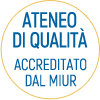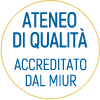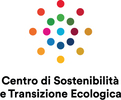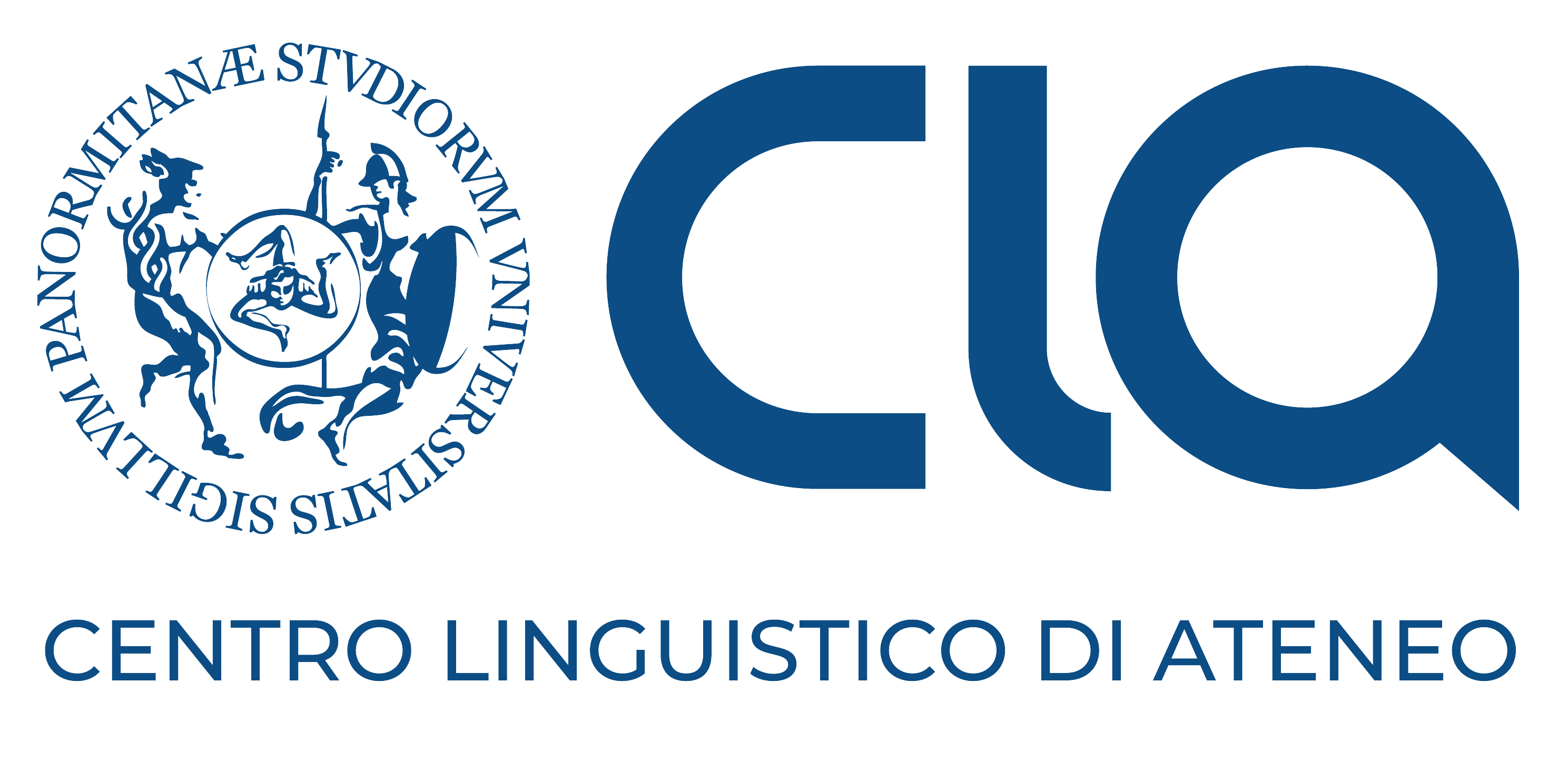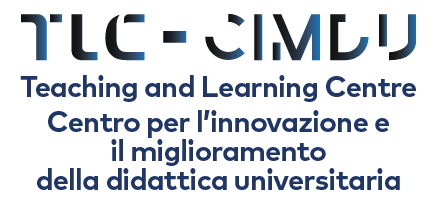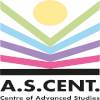Building Engineering Degree Course (Code 2027)
Ascolta

______________________________________________________________________________________________________________________________________________
Coordinator: Prof. Lidia La Mendola
Full Professor - Dipartimento di Ingegneria
e-mail: lidia.lamendola@unipa.it
Contacts
______________________________________________________________________________________________________________________________________________
Useful links:
The educational objective is to provide the labour market with high-level professionals with in-depth knowledge of the buildings historical and technical-scientific features, the construction process, buildings rehabilitation and restoration and the control of building economic and production cycle. Particular attention will be devoted to problems identification and their appropriate design solutions, taking into account the continuous evolution of the sector, to enhance the quality of the buildings in their physical, technical, performance, economic and process aspects.
In particular, the course aims at training professional engineers able to work autonomously and efficaciously in the following fields:
- Design of complex building systems, specifically regarding the technological, structural and environmental quality characteristics, with particular attention to the wellbeing, service life and issues related to energy, environmental impact and seismic safety;
- Rehabilitation, restoration, maintenance and management of existing and historic buildings;
- Development of the construction process, specifically related to the use of innovative materials and technologies;
- Energy sustainability of building and products processes;
- Testing and quality control of products and works, also related to the material durability for new buildings as well as for the restoration process.
The training offered by the 2nd cycle Degree Course focused on the integrated building, structural and plant design, enables graduates to fit in various construction industry sectors easily.
The number of credits for class specific educational activities provides further competencies in the following sectors:
- Structural Design
Related to the study of structural analysis and design issues, through the in-depth analysis of structures in reinforced concrete, pre-stressed concrete, steel and masonry, with particular reference to the safety of the structures and earthquake resistance issues.
- Plant Engineering
Related to the design of technical plants and safety systems for buildings, with particular attention to energy and environmental sustainability issues.
- Building rehabilitation
Provides general and specific knowledge, as well as the operational skills, needed to tackle the building restoration sector, both in terms of building and structural design, and in terms of techniques, technologies, and organization for the work management.
Specific issues will then be detailed considering a disciplinary and instrumental point of view for the survey and diagnostics of damage and deterioration, as well as for the study of the evolution of buildings, construction techniques, and traditional and innovative materials. Existing laws will be then analyzed, together with the latest intervention technologies, stability testing analysis of buildings and control of construction site works.
During the first year of the educational program subjects related to structural issues (dynamics, complex structures in steel, reinforced concrete and pre-stressed reinforced concrete) will be studied in-depth. Furthermore, technological, environmental and plant engineering issues (technical architecture and technological innovation, design of technical, technological and safety plants) will also be analyzed.
The second year is devoted to the preparation of building projects, specifically concerning the restoration of existing buildings. In this regards, with an integrated design point of view, particular attention will be devoted to the building issues (building design and building restoration and conservation design), structural engineering issues (structural designs in seismic zones, structural problems of monuments and historical buildings), technological and energy issues (innovative materials and materials for rehabilitation, materials durability). The educational program is completed by stages, internships, and the preparation of the degree dissertation..
In particular, the course aims at training professional engineers able to work autonomously and efficaciously in the following fields:
- Design of complex building systems, specifically regarding the technological, structural and environmental quality characteristics, with particular attention to the wellbeing, service life and issues related to energy, environmental impact and seismic safety;
- Rehabilitation, restoration, maintenance and management of existing and historic buildings;
- Development of the construction process, specifically related to the use of innovative materials and technologies;
- Energy sustainability of building and products processes;
- Testing and quality control of products and works, also related to the material durability for new buildings as well as for the restoration process.
The training offered by the 2nd cycle Degree Course focused on the integrated building, structural and plant design, enables graduates to fit in various construction industry sectors easily.
The number of credits for class specific educational activities provides further competencies in the following sectors:
- Structural Design
Related to the study of structural analysis and design issues, through the in-depth analysis of structures in reinforced concrete, pre-stressed concrete, steel and masonry, with particular reference to the safety of the structures and earthquake resistance issues.
- Plant Engineering
Related to the design of technical plants and safety systems for buildings, with particular attention to energy and environmental sustainability issues.
- Building rehabilitation
Provides general and specific knowledge, as well as the operational skills, needed to tackle the building restoration sector, both in terms of building and structural design, and in terms of techniques, technologies, and organization for the work management.
Specific issues will then be detailed considering a disciplinary and instrumental point of view for the survey and diagnostics of damage and deterioration, as well as for the study of the evolution of buildings, construction techniques, and traditional and innovative materials. Existing laws will be then analyzed, together with the latest intervention technologies, stability testing analysis of buildings and control of construction site works.
During the first year of the educational program subjects related to structural issues (dynamics, complex structures in steel, reinforced concrete and pre-stressed reinforced concrete) will be studied in-depth. Furthermore, technological, environmental and plant engineering issues (technical architecture and technological innovation, design of technical, technological and safety plants) will also be analyzed.
The second year is devoted to the preparation of building projects, specifically concerning the restoration of existing buildings. In this regards, with an integrated design point of view, particular attention will be devoted to the building issues (building design and building restoration and conservation design), structural engineering issues (structural designs in seismic zones, structural problems of monuments and historical buildings), technological and energy issues (innovative materials and materials for rehabilitation, materials durability). The educational program is completed by stages, internships, and the preparation of the degree dissertation..
It consists of the presentation and discussion of a dissertation, written autonomously by the student and awarded with specific credits. The dissertation may be either the development of a project, concerning all the main themes of the civil and environmental engineering profession - sect.A, or an in-depth analysis of specific applicative issues characterising the course. The dissertation may have an experimental character, thanks to the attendance to the laboratories of the Departments related to the degree course, or may concern with the development of original contributions to the advancement of the disciplines.




